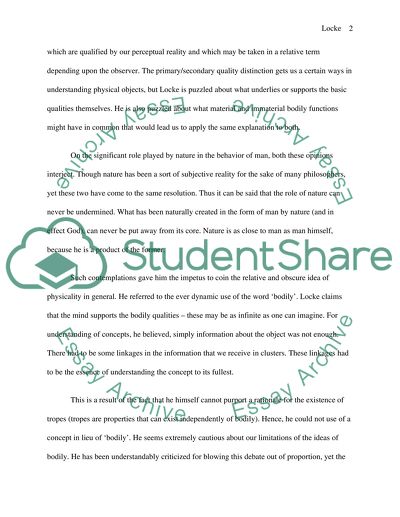Cite this document
(“Personal Identity Essay Example | Topics and Well Written Essays - 2000 words”, n.d.)
Retrieved from https://studentshare.org/miscellaneous/1510839-personal-identity
Retrieved from https://studentshare.org/miscellaneous/1510839-personal-identity
(Personal Identity Essay Example | Topics and Well Written Essays - 2000 Words)
https://studentshare.org/miscellaneous/1510839-personal-identity.
https://studentshare.org/miscellaneous/1510839-personal-identity.
“Personal Identity Essay Example | Topics and Well Written Essays - 2000 Words”, n.d. https://studentshare.org/miscellaneous/1510839-personal-identity.


